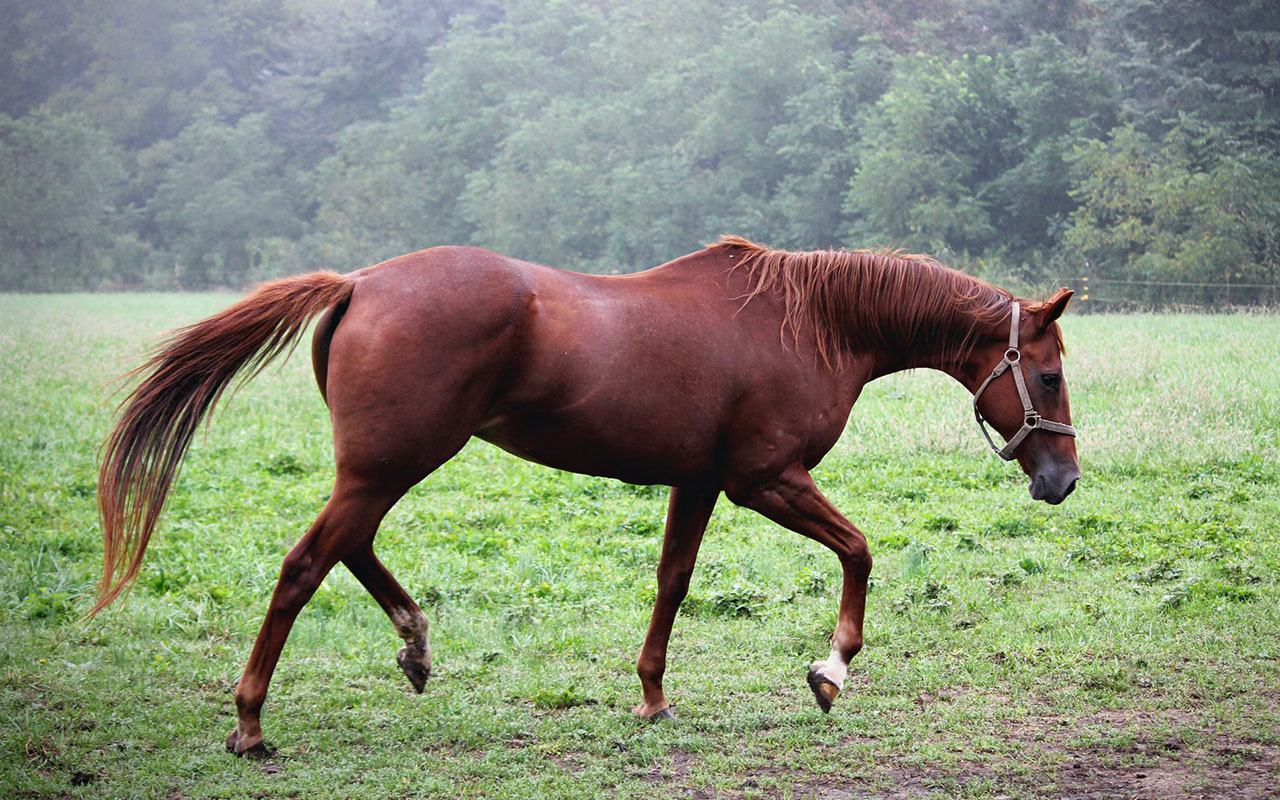Don’t Buy Your Horse On A Handshake

You wouldn’t buy a house, or a car (hopefully) based only on a “gentleman’s agreement.” Although we love our equine friends and may trust wholeheartedly our equestrian neighbors, horses remain property under the law and the same precautions should be taken when acquiring a horse as when making any other major asset purchase. Written contracts are essential when buying a horse, and there are many things to consider before making a final deal. What follows are five major categories of issues that may come up during a horse transfer. All of these issues should be considered and addressed as appropriate in a written document tailored to meet your specific needs and personal circumstances.
1. The Test Ride / Trial Period
In many ways, horses are like people. They have personalities and fears, likes and dislikes, habits and quirks. A horse’s behavior in its usual setting or its reactions to its current owner may differ when that horse is put into a new and unfamiliar environment with new owners. Will the horse be willing to cross a puddle or stream? Will it get along with your other horses? Will it get along with your children? Does it bite? Will it like your favorite saddle? If possible, it is a good idea to develop a relationship with a horse beyond what you can reasonably expect from even multiple visits to the horse’s current barn.
A trial period will help you to determine whether the horse is a good fit for your personal purposes. This can be done through a lease or other written document that would set out all of the terms of the trial period, taking into consideration a number of the points we discuss below relevant to final purchase agreements. Never buy a horse from someone who won’t let you “rent” it at your barn for at least 30 days. This kind of trial period is a reasonable arrangement, and anyone who won’t agree to do it should not be trusted. They may try to argue the risk of injury, but, as set forth below, you can indemnify them for that risk.
2. Allocation of Risk
A horse is a living being, and a lot can happen between the time of purchase (or lease) and the time the animal takes up permanent residence with you. The horse could get sick, or injured, or worse. Who bears the risk of loss before the horse is settled on your property? Who will choose the veterinarian and pay any medical bills? You may not agree with the former owner as to who should care for a sick or injured animal. The horse could injure another horse or person. Who is responsible for maintaining liability insurance after-sale and during transport, but before delivery? What about during any trial period?
These issues should be discussed and set forth in a personalized written agreement before any money changes hands. A trial period should be most important to you as a buyer, and you should be willing to reimburse the seller for any injury (though not any health issue) that occurs during that trial period.
3. Guarantee / Proof of Ownership
Many people purchase horses, and a horse may have multiple owners throughout its lifetime. It is not uncommon for a horse to have more than one, or many simultaneous owners. A person’s verbal representation that they own the horse outright and has the right to sell it may not protect you if they are either untruthful or mistaken. You should make every effort to confirm that the selling party in fact has 100% ownership of the horse, and your purchase agreement should include a provision indemnifying you from later claims of ownership from other people.
4. Breeding
Breeding horses can be big business. It is not uncommon for the seller of a horse to ask the buyer to agree not to breed it. You should consider whether, to what extent, and under what terms a horse may be bred before and after you take ownership. If your agreement will permit breeding, who will own a horse’s offspring? What if a horse bears more than one foal? Again, what veterinarian will be consulted or called to assist if necessary? Carefully considered contracts allow you to address these questions in advance and avoid disputes down the trail.
5. Co-Ownership
If you are planning to co-own a horse with another person or entity, you should consider not only a carefully tailored purchase agreement as discussed in this article, but also a separate agreement with your co-owner or co-owners. This agreement would address, among other things, allocation of costs, allocation of risk, distribution of responsibilities regarding board and care, how to address and resolve disputes between co-owners, and what would happen to the horse should the co-owners’ relationship sour, a partnership were to dissolve, or a co-owner were to become incapacitated or die. We plan to address many of these issues and others in a follow-up to this article specific to joint equestrian ownership.
The prospect of a new horse can be exciting, but it is important not to let your anticipation overwhelm or undermine the many protections that should be in place prior to making the final deal. Consideration of the above questions and a written document setting forth the answers will provide you with the assurance you need to ride off into the sunset on your new friend with confidence and peace of mind.
Pittsburgh Equine Attorneys
Just as you would with any large purchase, consult with an attorney before you enter into an agreement to buy a horse. Your equine attorney will help you by drafting an agreement that explains the obligations of each party and that provides protection for you in the case of a breach. Dan Lynch is a lifelong horseman and current owner of multiple horses. Together, Dan and Blair have more than 60 years of equestrian experience to draw from in advising new and seasoned horse owners on a broad range of issues.
Contact Dan Lynch and Blair Preiser with questions at (724) 776-8000 or by email at dlynch@lynchlaw-group.com and bpreiser@lynchlaw-group.com.



